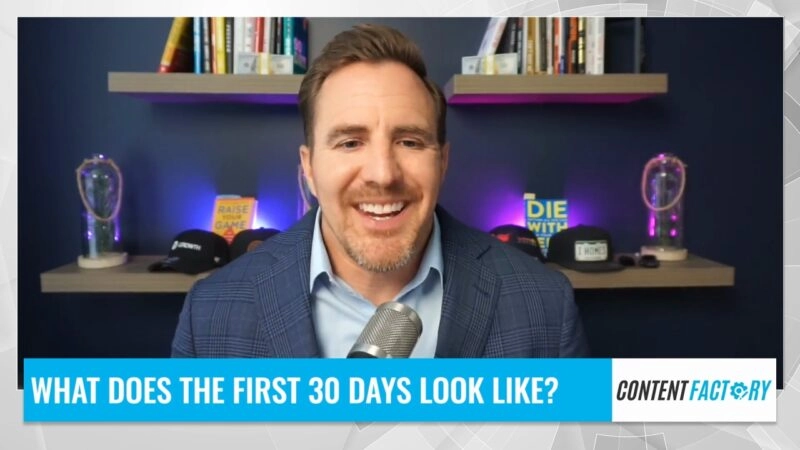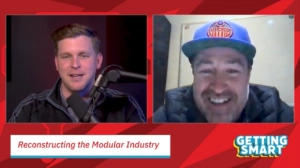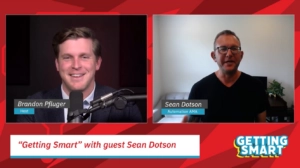Cutting Carbon Emissions Brick by Brick
The world’s most recognizable toy-bricks are in the process of a complete eco-makeover– and the company is trying to keep it under wraps. Lego has been hot at work trying to minimize its environmental impact while simultaneously testing hundreds of sustainable alternative materials to replace the petroleum-based plastics.
LEGO is one of several large corporations aiming to set a standard for responsible environmental practices.
The move to curb greenhouse gas emissions and produce less waste comes at a time when studies are finding the vast majority of harmful carbon and greenhouse gas emissions are being expelled by a concentrated number of companies.
According to a study by the Carbon Disclosure Project, a report done in conjunction with the Climate Accountability Institute, around 100 companies are responsible for almost one trillion tons of greenhouse emissions, or 71 percent of the world’s greenhouse gas, from a period ranging from 1988 to 2016.
While the bulk of these companies surveyed are fossil fuel and oil producers, the impact any massive corporation can have on an ecosystem and the greater carbon footprint cannot be overlooked.
The LEGO empire is no stranger to harmful emission production, either. The Danish company puts out about a million tons of carbon dioxide every year, according to the company’s VP of environmental responsibility. As a result, the company has laid out two strategies to improve its impact on the ozone, ecosystem, and its eco-friendly perception.
First, the company set a goal to eliminate plastic bags inside some of its cardboard packaging that would effectively remove them from landfills by 2025. Next, the toy-giant is experimenting with plant-fiber and recyclable substitutes for its petroleum-based plastic, used in a grand majority of its toy bricks.
LEGO is employing more than one hundred new employees and investing hundreds of millions of dollars in its search for sustainable manufacturing. The topic of environmental responsibility has more recently turned into an urgent one.
Food and restaurant giants like Starbucks and McDonalds have been aggressively working to change their impact on the environment. Even names like Coca-Cola announced new efforts in adopting more eco-friendly initiatives like making packaging 100 percent recyclable and eliminating harmful plastics in its bottles.
As the year progresses, look for more corporations taking part in their share in making the world around them a little better and a lot less polluted.








